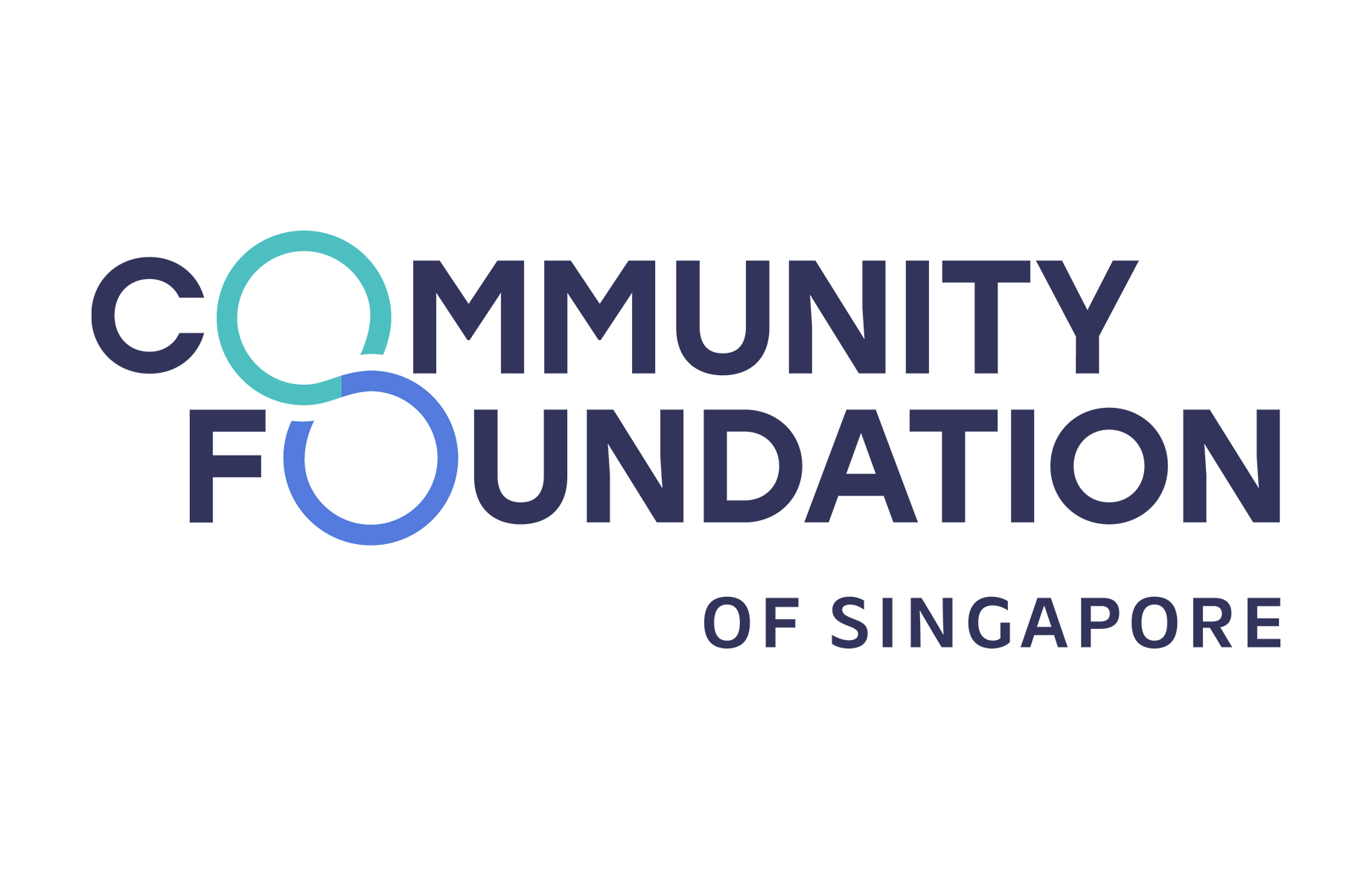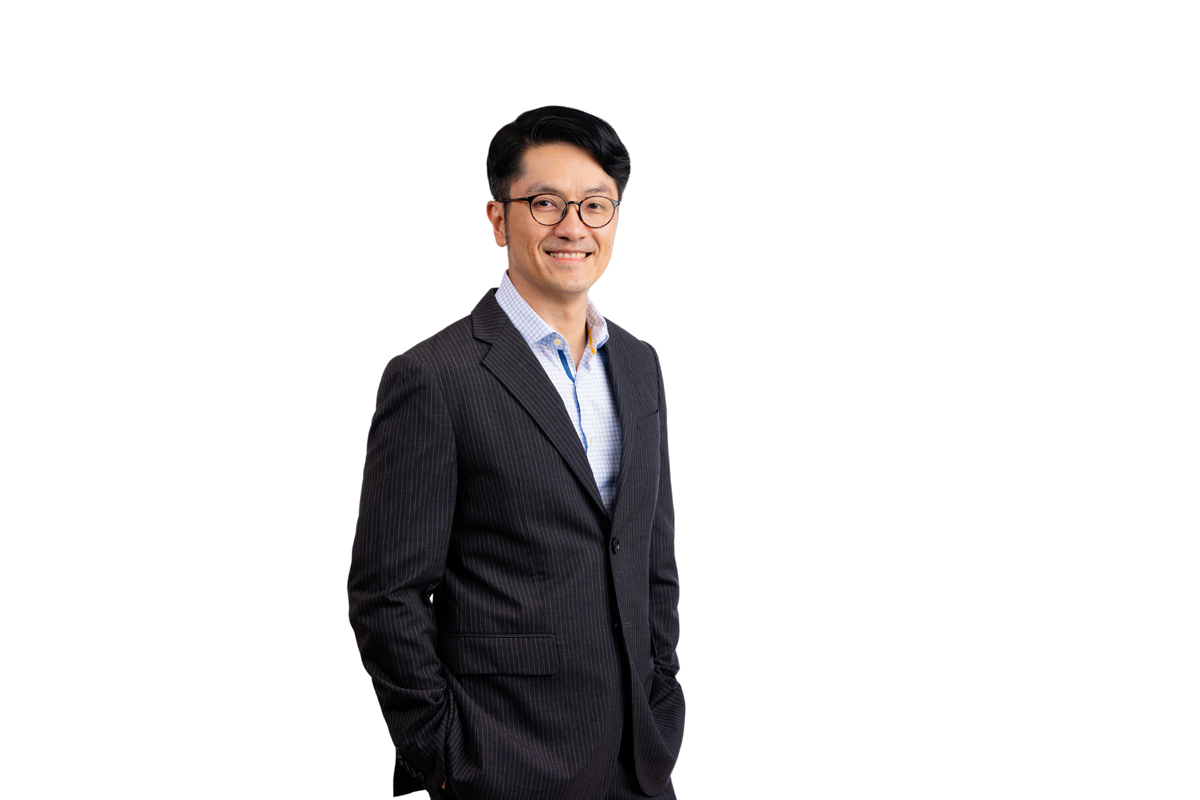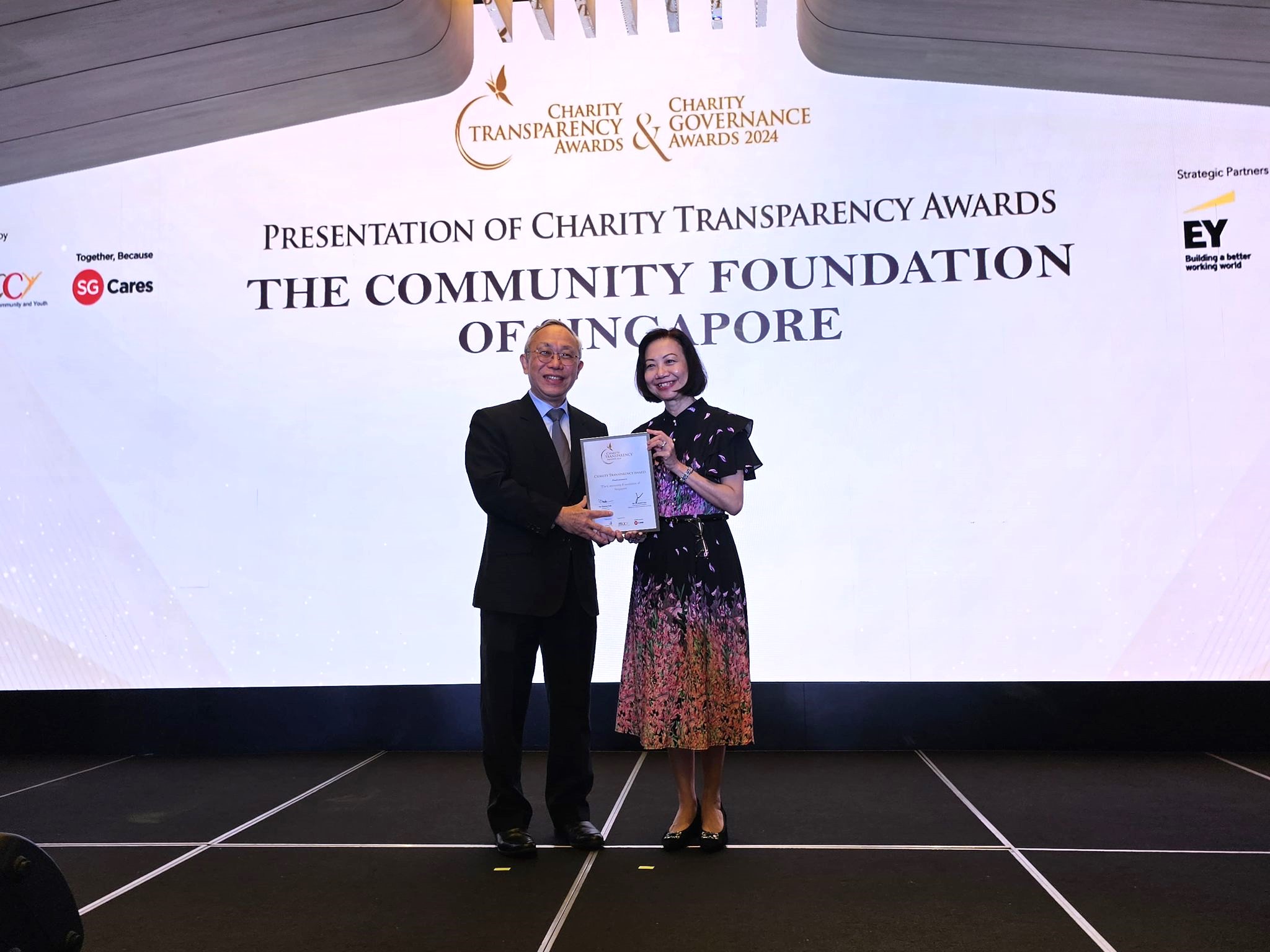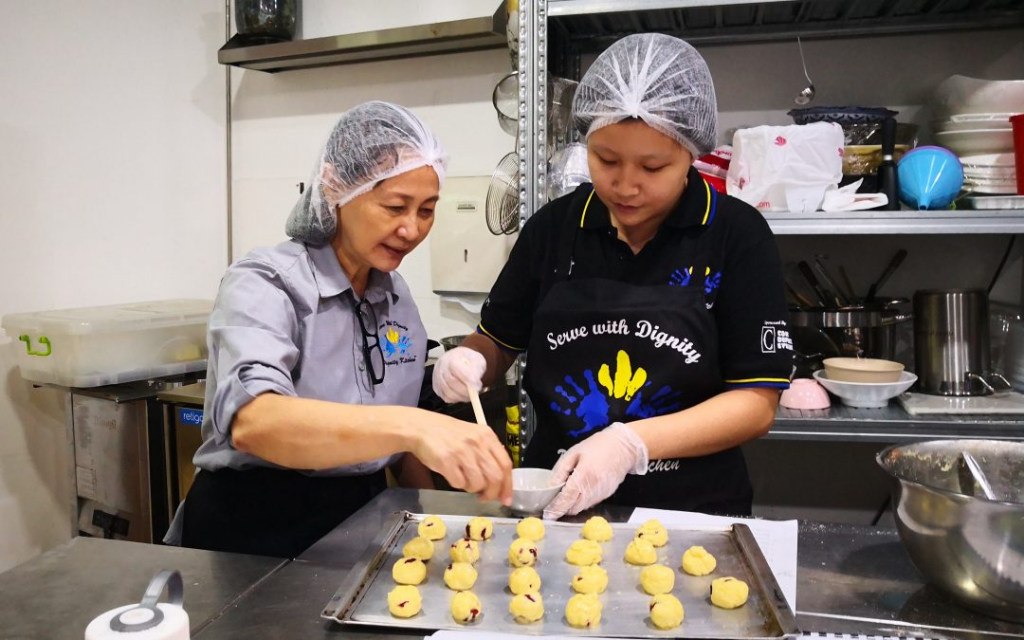Learning Initiatives for Employment (LIFT) Community Impact Fund – Training and placing marginalised individuals into stable jobs

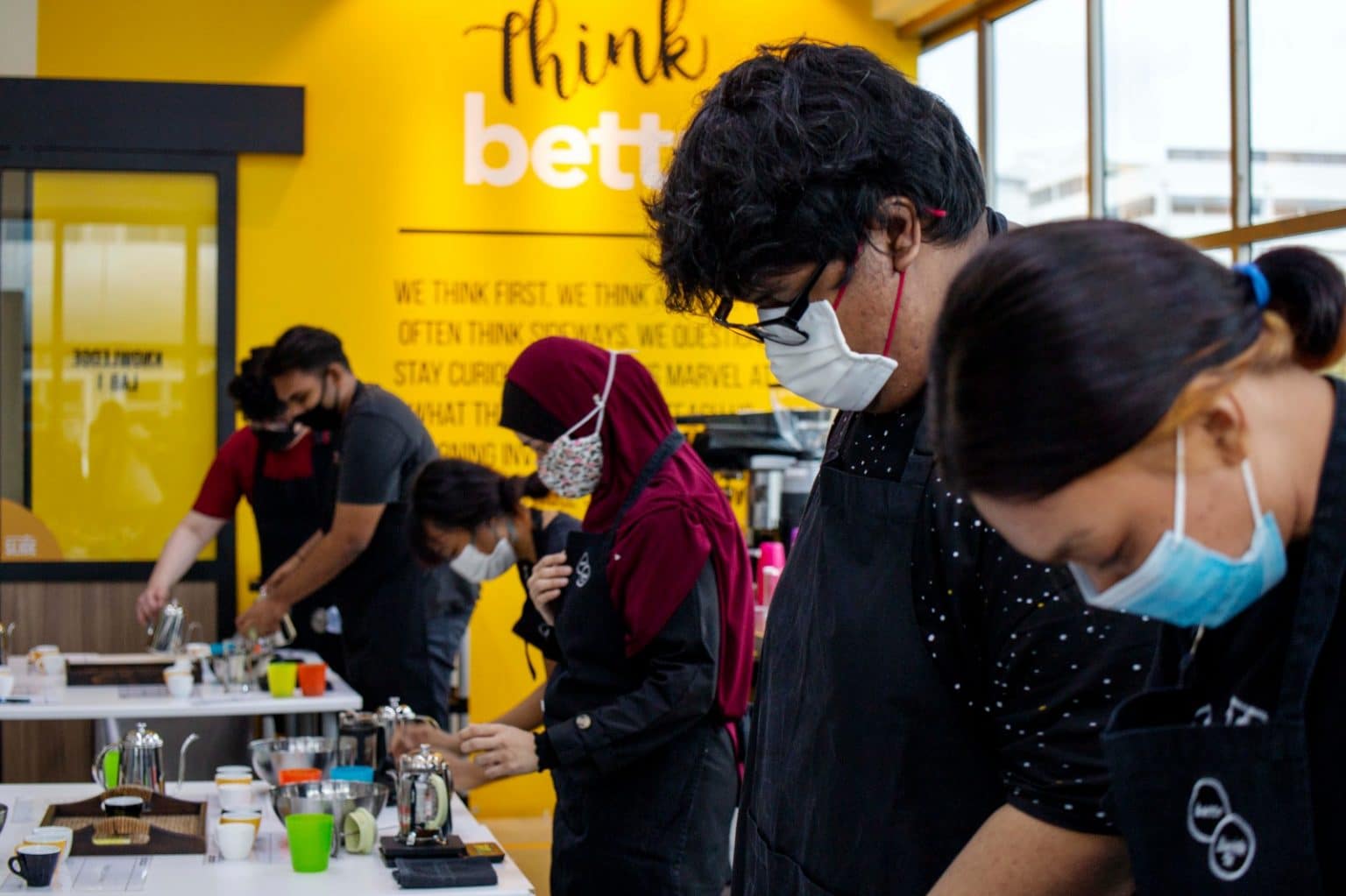
The Learning Initiatives for Employment (LIFT) Community Impact Fund (CIF) was launched in 2019 by The Community Foundation of Singapore (CFS), which provides vocational training and socio-emotional support for marginalised individuals in Singapore before placing them into jobs.
CIFs are flagship programmes established by CFS in partnership with charities to address unmet needs or under-supported social issues in Singapore. It takes a ground-up approach to understand the needs of care recipients and outcomes they care about to ensure that they would truly benefit from these programmes.
LIFT is designed to leverage the expertise of social enterprises in terms of job coaching and job matching. These programmes support persons with disabilities, persons recovering from mental illnesses, disadvantaged women and youth-at-risk who face challenges finding jobs and keeping them.
In partnership with Bettr Barista and Project Dignity, LIFT saw 115 people receiving training at Bettr Barista Coffee Academy or Dignity Kitchen from April 2020 to March 2021. Ninety-one participants completed the training, and of those who had completed the course, 73 people were successfully hired, with 55 managing to remain employed for more than three months.
To support the LIFT Community Impact Fund, visit here. Read the media release here.
The Learning Initiatives for Employment (LIFT) Community Impact Fund (CIF) was launched in 2019 by The Community Foundation of Singapore (CFS), which provides vocational training and socio-emotional support for marginalised individuals in Singapore before placing them into jobs.
CIFs are flagship programmes established by CFS in partnership with charities to address unmet needs or under-supported social issues in Singapore. It takes a ground-up approach to understand the needs of care recipients and outcomes they care about to ensure that they would truly benefit from these programmes.
LIFT is designed to leverage the expertise of social enterprises in terms of job coaching and job matching. These programmes support persons with disabilities, persons recovering from mental illnesses, disadvantaged women and youth-at-risk who face challenges finding jobs and keeping them.
In partnership with Bettr Barista and Project Dignity, LIFT saw 115 people receiving training at Bettr Barista Coffee Academy or Dignity Kitchen from April 2020 to March 2021. Ninety-one participants completed the training, and of those who had completed the course, 73 people were successfully hired, with 55 managing to remain employed for more than three months.
To support the LIFT Community Impact Fund, visit here. Read the media release here.
